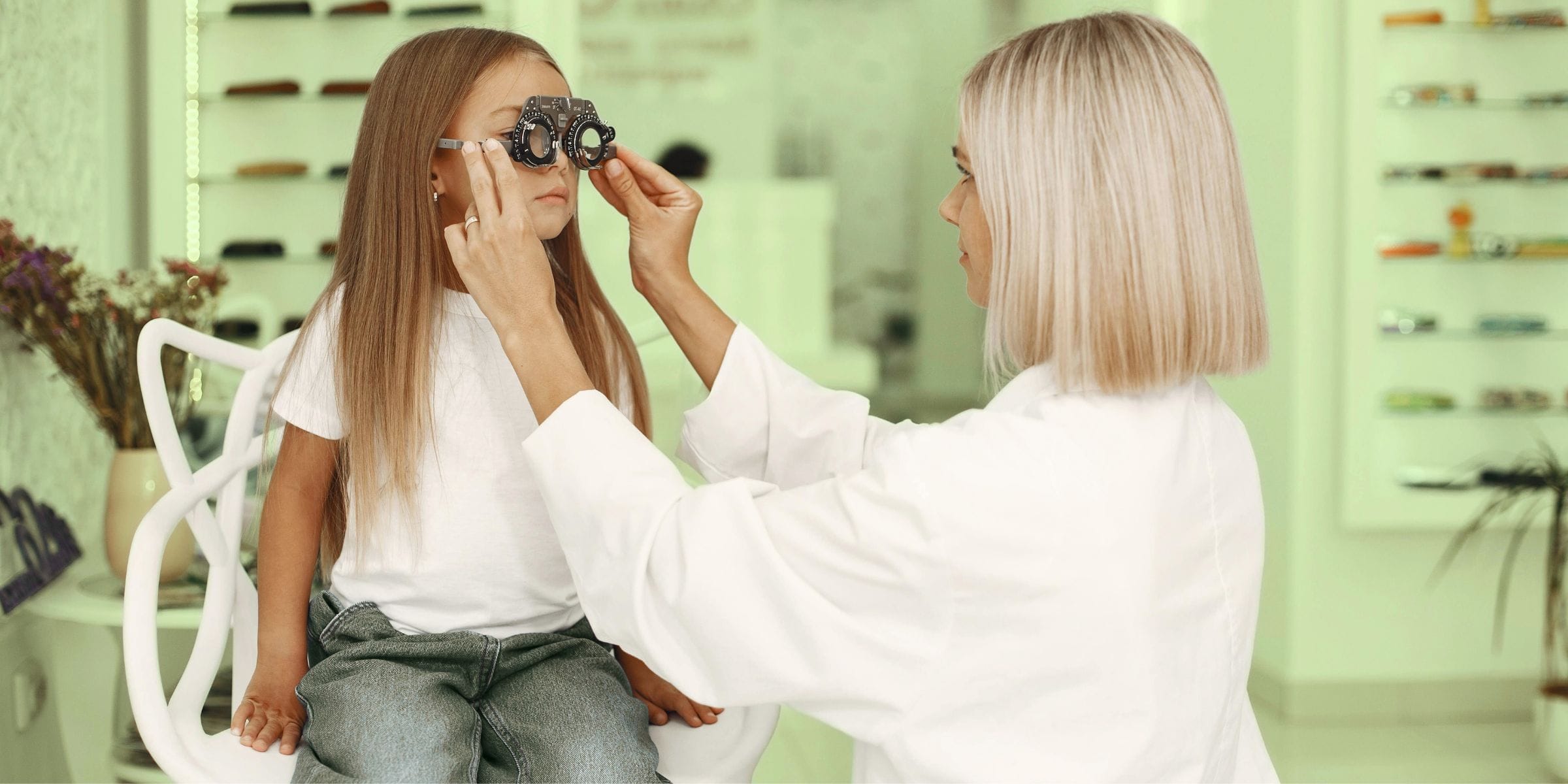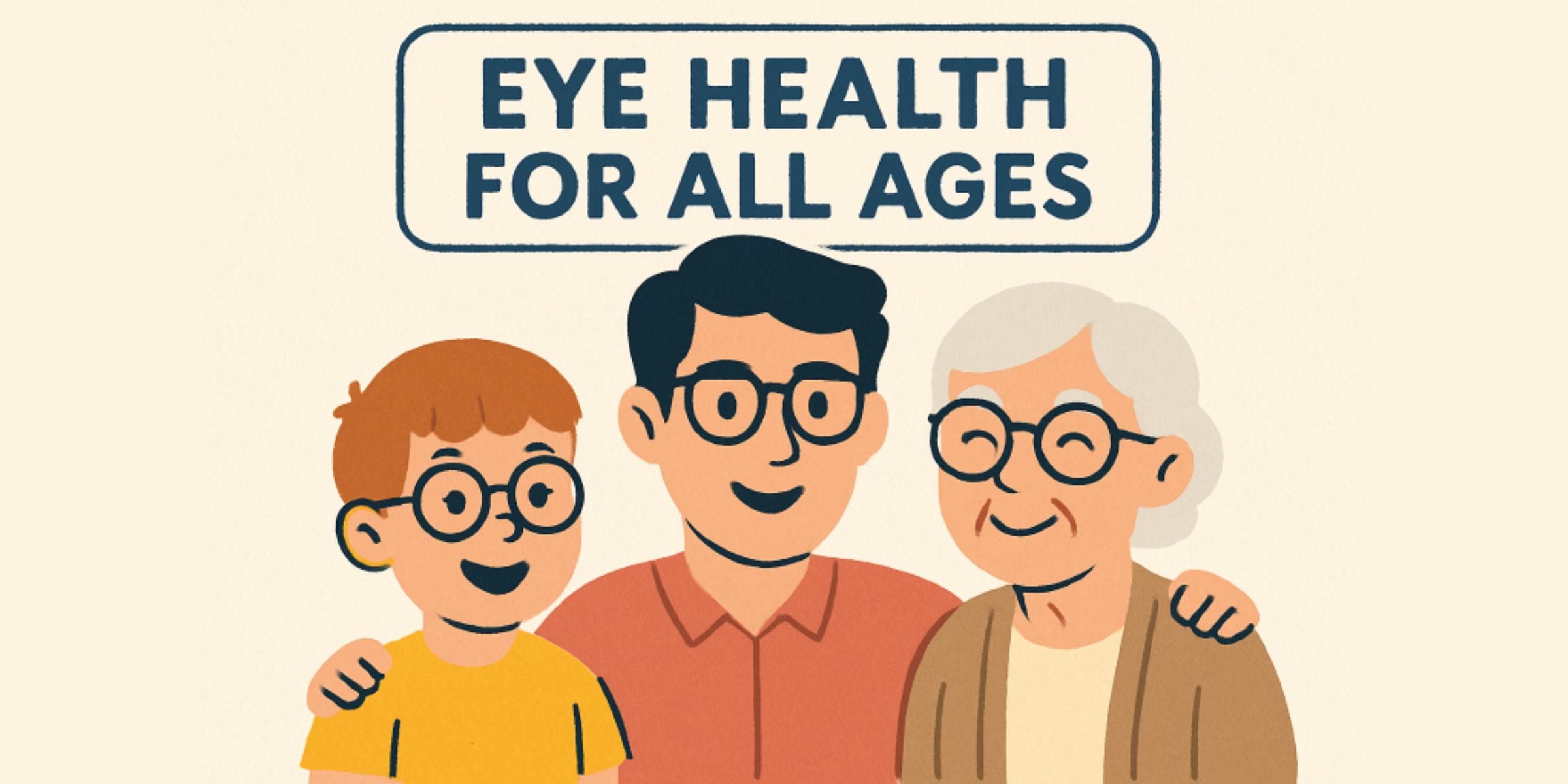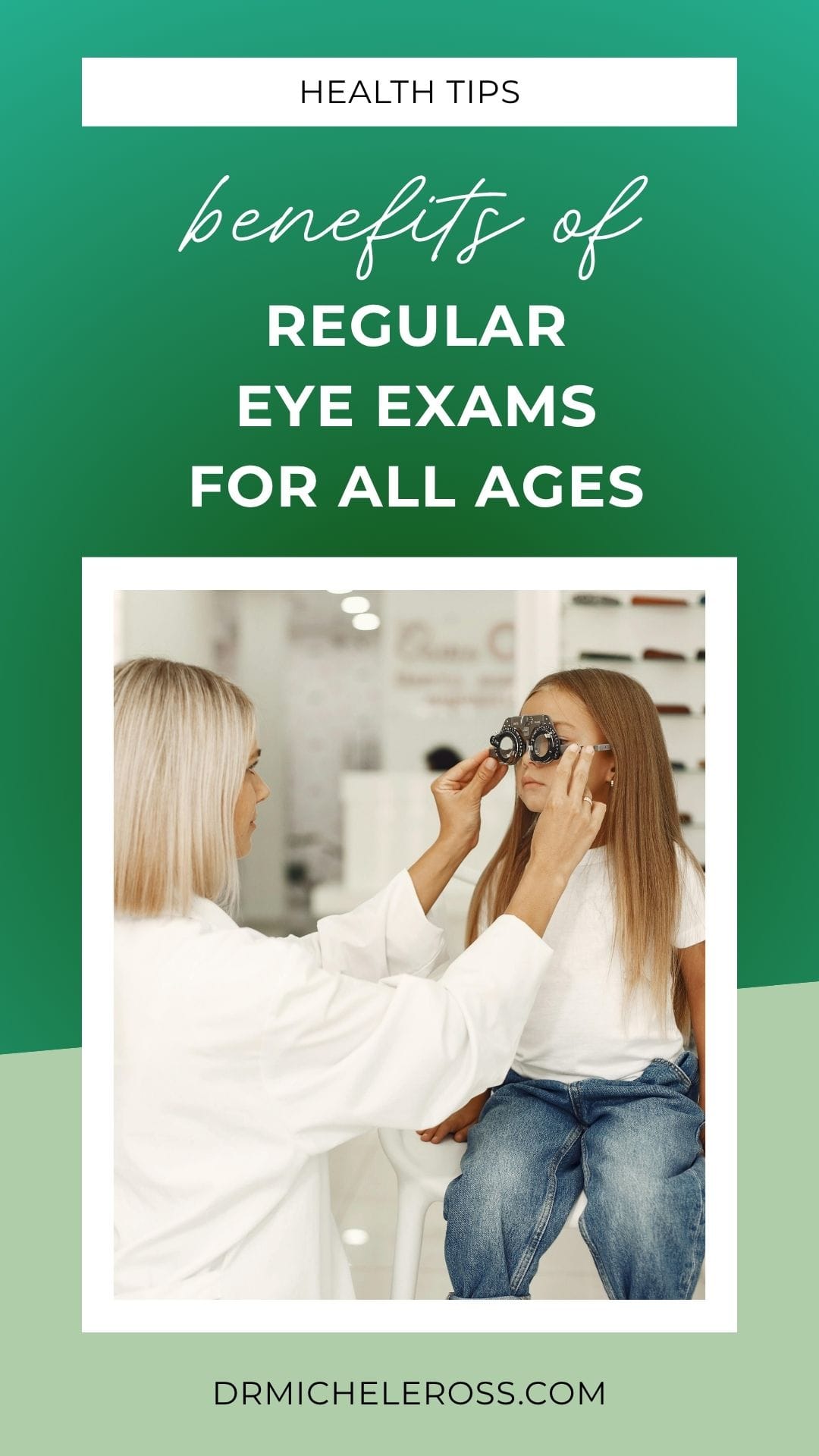
Eye health is an essential part of overall well-being, yet it is sometimes overlooked. From childhood through old age, regular eye exams are vital for maintaining clear vision and good health. The most effective way to keep your eyes healthy is to schedule routine check-ups with a qualified optometrist. For families seeking caring and comprehensive eye care, https://ksfamilyoptometry.com/andover-family-optometry/ offers services suitable for all ages. These examinations can detect vision problems early, preventing them from affecting your quality of life or daily routines.
Regular eye exams serve purposes beyond updating glasses or contacts. They enable eye care professionals to identify eye diseases and systemic health issues early, often before symptoms appear. Prioritizing routine exams ensures you can work, learn, and enjoy life fully at any age.
Many underestimate how undetected vision problems can impact academic success, work performance, and driving safety. Early detection and treatment can stop issues from worsening and promote lasting visual health.
Importance of Eye Exams for Children
Children rely on their vision for learning, participating in school, and developing social skills. Undiagnosed vision problems can be mistaken for learning disabilities, behavioral issues, or lack of attention in class. Early comprehensive eye exams test more than just how clearly a child can see; they assess eye muscle coordination, depth perception, and eye health. A baseline exam helps pediatric eye care specialists track changes and catch problems like amblyopia (lazy eye) or strabismus (crossed eyes) before they become permanent. Addressing these early can mean the difference between a child struggling and thriving academically and socially.

Why Early Detection Matters
Addressing pediatric eye health concerns early increases the likelihood of successful treatment. Vision screenings done in schools may not be enough; a comprehensive eye exam is crucial even if a child isn’t showing symptoms. According to the American Academy of Ophthalmology, some eye conditions are treatable only at a young age, reinforcing the importance of early detection and routine vision care. Regular checkups help monitor a child’s visual development and can prevent learning difficulties linked to undiagnosed vision problems. Early intervention also supports overall well-being, ensuring children can participate fully in school and recreational activities.
Adult Eye Health and Regular Check-ups
Adults face unique pressures on eye health—from working long hours on digital devices to balancing family and active lifestyles. Vision can deteriorate gradually, sometimes so slowly you don’t notice the changes. Routine eye exams can catch prescription changes, help prevent chronic eye strain, and uncover diseases that often begin without obvious symptoms. Conditions like glaucoma, diabetic retinopathy, and age-related macular degeneration can be detected early through comprehensive eye exams, making timely intervention possible for better outcomes.
Eye Health for At-Risk Adults
Adults with chronic health issues, a family history of eye disease, or those taking certain medications should be especially vigilant with eye check-ups. Eye doctors can monitor for changes related to diabetes and hypertension—conditions that directly impact the health of blood vessels in the eyes. Regular monitoring helps prevent vision loss and supports overall wellness, helping adults stay productive and healthy throughout their prime years.
Senior Eye Care and Disease Prevention
Aging increases the risk of vision-threatening diseases such as cataracts, glaucoma, and macular degeneration. Many of these conditions progress without pain or noticeable symptoms at first, making regular eye exams vital for early detection. Seniors often benefit from annual comprehensive dilated eye exams, which allow specialists to detect potential problems deep within the eye.
Early diagnosis of these conditions, as recommended by organizations like the Centers for Disease Control and Prevention (CDC), can mean the difference between maintaining independence and struggling with vision loss. Timely treatment may include medications, lifestyle adjustments, or surgical intervention, all of which are more effective when problems are diagnosed early.
Detecting Systemic Health Issues Through Eye Exams
The eyes are often called the windows to the soul, but they are also a window to your overall health. Many systemic diseases exhibit early signs in the eyes, sometimes before symptoms develop elsewhere in the body. Eye doctors can observe the condition of blood vessels and nerves in the retina, helping them identify signs of diabetes, high blood pressure, high cholesterol, or autoimmune disorders.
For instance, diabetic retinopathy is a leading cause of blindness in adults, but it is highly treatable when caught early. Similarly, hypertensive retinopathy can indicate poorly controlled blood pressure, prompting more comprehensive care. Regular eye exams provide a valuable secondary screening for these common health problems and can prompt timely referral and treatment, supporting your overall wellness.
Recommended Frequency of Eye Examinations
The frequency of eye examinations depends on your age, health, and risk factors. The American Optometric Association suggests the following schedule:
- Infants (6 to 12 months): Have a comprehensive eye exam to check for early developmental problems and inherited risks.
- Children and Teens (6–17 years): Eye exams every two years, unless vision correction or additional risk factors require more frequent visits.
- Adults (18–65 years): Exams every two years for those without risk factors; those with underlying health conditions or family history may need annual visits.
- Seniors (age 66 and older): Annual eye exams are recommended due to increased disease risk.
Some individuals with risk factors such as diabetes, hypertension, high myopia, or a family history of eye disease may require more frequent screening, as advised by their eye care professional.
Conclusion
Eye exams are a foundation of preventive health care across your lifespan. They support academic and developmental success in children, productivity and comfort in adults, and independence and quality of life in seniors. Regularly following the recommended eye exam schedule also facilitates early intervention for systemic health issues, reinforcing your overall wellness and peace of mind. By making routine eye care a priority, you invest in lifelong vision and health for yourself and your loved ones.
Pin This Post





